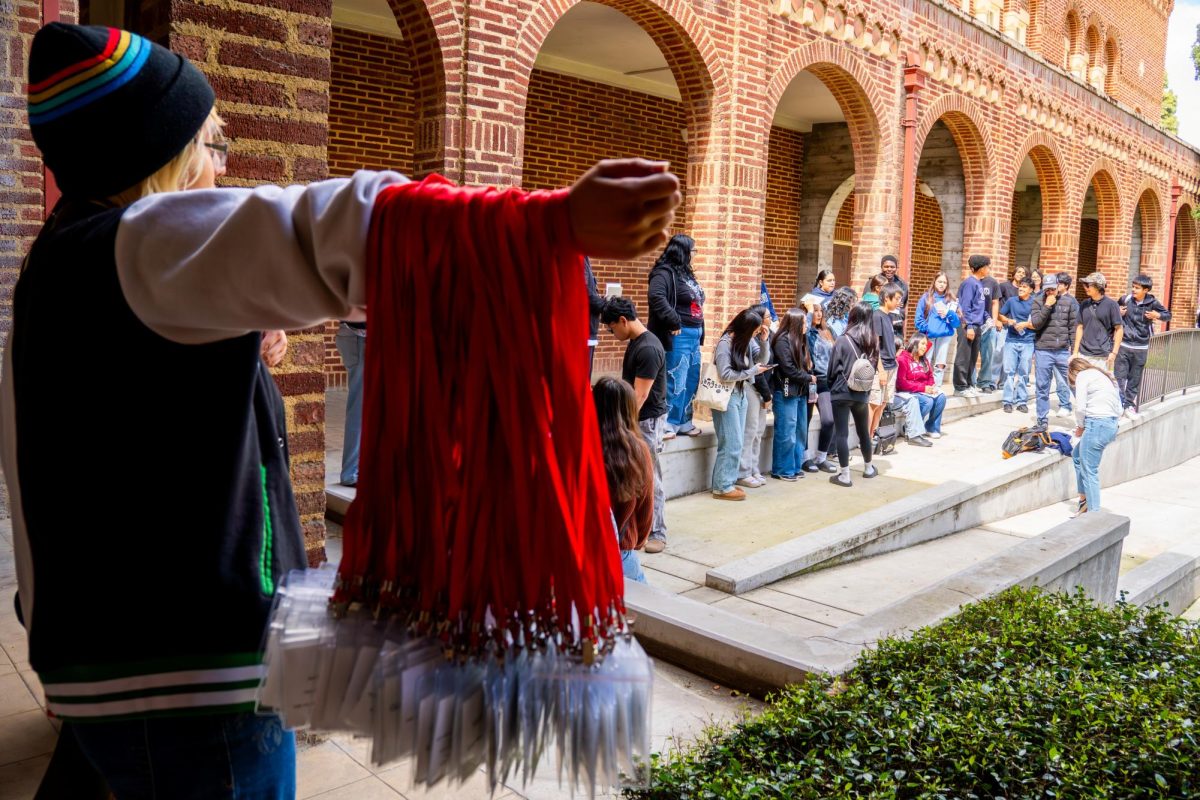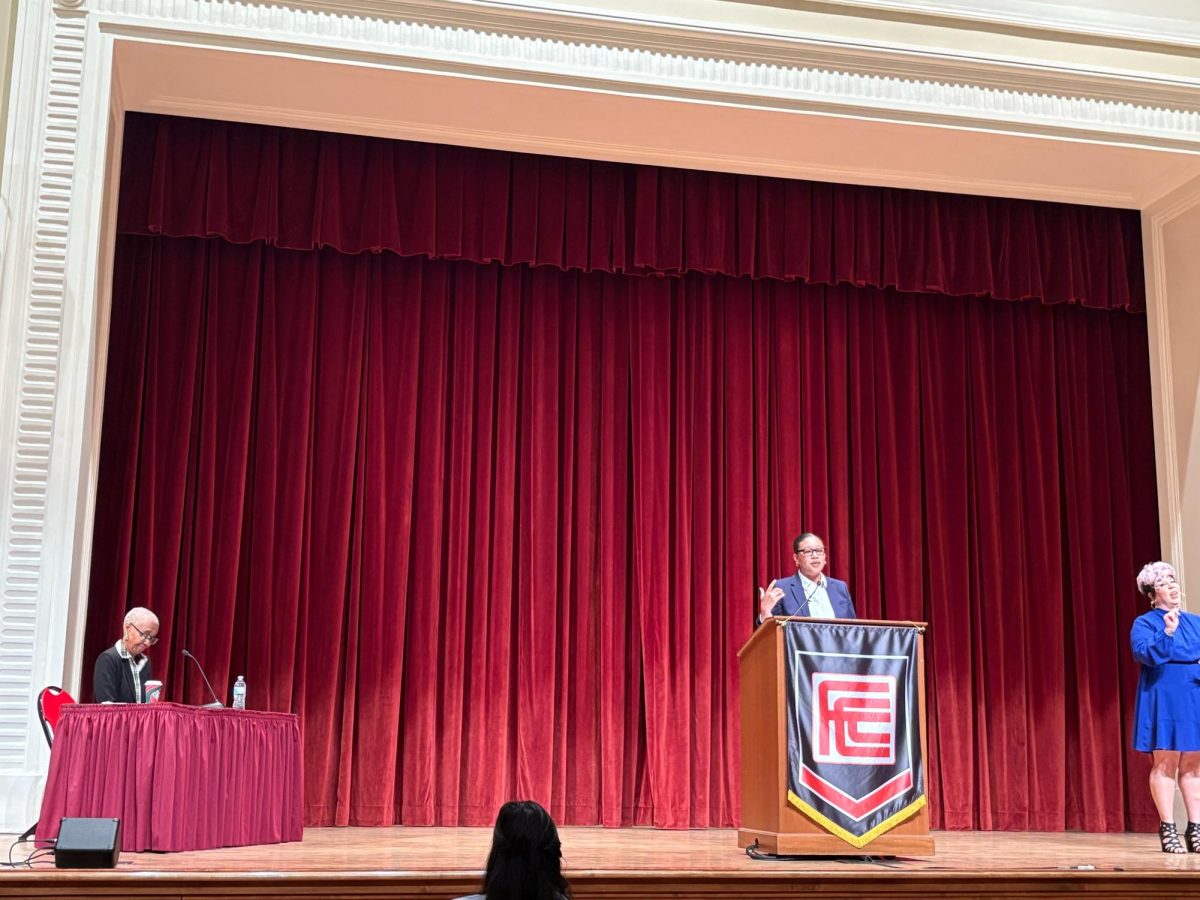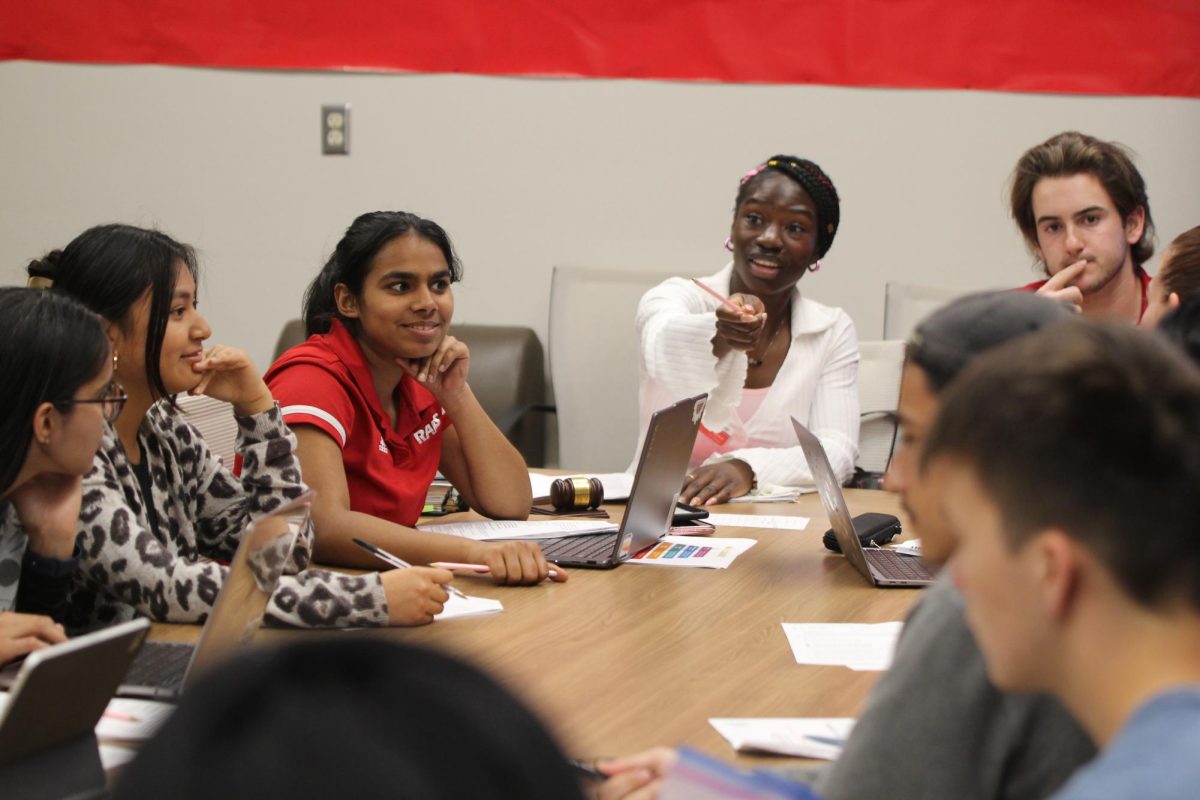Fresno City College is already taking steps to address the concerns raised in the ACCJC’s report regarding the institution’s communication standard.
“We have a task force that’s developing a communication plan that will be implemented in the fall,” said FCC Interim President Tony Cantu.
The Accrediting Commission for Community and Junior colleges found that Fresno City College is lacking in its level of campus-wide communication.
“Communication, in the form of information sharing, about planning and college priorities, has not been ongoing, systematic, and transparent,” according to the ACCJC’s evaluation report. “Perceptions from college constituencies indicate that communication may be available, but internal constituencies may choose not to engage fully in college discussion.”
In response to these findings, the ACCJC recommended that “the college complete its audit of communication instruments, and develop and implement clear and unambiguous means for communicating with internal and external constituents” in order to improve the college’s Institutional effectiveness.
Prior to the ACCJC evaluation team’s visit, FCC had addressed the issue of communication in its self-study. In regards to the school’s mission and effectiveness, the self-study noted, “Campus communication is a weakness that is evidenced throughout the standards.”
This report also noted that although the college has made progress in several areas, “many individuals on campus are unaware of it” because current communication methods are “inconsistent and information is often difficult to locate.”
The ACCJC also found that the communication is lacking at the district level. In both the 2005 and 2011 evaluation visits, the overarching district recommendation is that, “the State Center Community College District (SCCCD) must engage in continuous, timely, and deliberative dialogue with all District stakeholders to coordinate long term planning and examine the impact of the planned increase in the number of colleges and the future roles of the centers on the existing institutions.”
Rick Santos, member of Academic Senate’s Participatory Governance Committee and former Academic Senate President, explained the meaning of this recommendation. “What this means to me,” he said, “is that we do not have a fully developed communication system between the college and District that allows for full participation in the governance process that aids strategic planning.”
According to Santos, this governance process is the result of California Assembly Bill 1725, which mandates by law that “all college constituent groups have the right to be part of the college decision making process.” Santos explained that participatory governance “provides the process for communication between the college’s constituent groups, administration, faculty, staff, students, and the board of trustees.”
Adherence to the principles of participatory governance is necessary for the colleges and District to fully meet the intent of the previous [2006] recommendation.
“It is up to the college to develop a system that works best for them,” said Santos. This is what happened after our 2007 accreditation report put us on warning. We developed governance processes that were unique to FCC.”
The responsibility for resolving the ACCJC’s recommendation does not rest solely on FCC, though. “FCC, Reedley College and the District must develop a governance/communication system that fits the needs of all in the District.” He added. “Although there are processes in place or being developed, it will take time to complete them. When fully developed, they will reflect what works for us.”
SCCCD Chancellor Dr. Deborah Blue affirmed that the district is also taking steps toward meeting this recommendation. She did not, however, provide specific information concerning what actions the district is taking toward improving its communication with its constituency groups.
Regardless, both Blue and Cantu are confident that all issues will be resolved by the ACCJC’s follow-up visit on Oct. 25.
Until then, Santos says the college community can expect to see “a flurry of work” being done to develop the processes that will lead to a resolution of the ACCJC’s recommendation. Santos said though that the implementation of those processes will take considerably more time because “changing the way we interact is not something everyone embraces quickly.”






